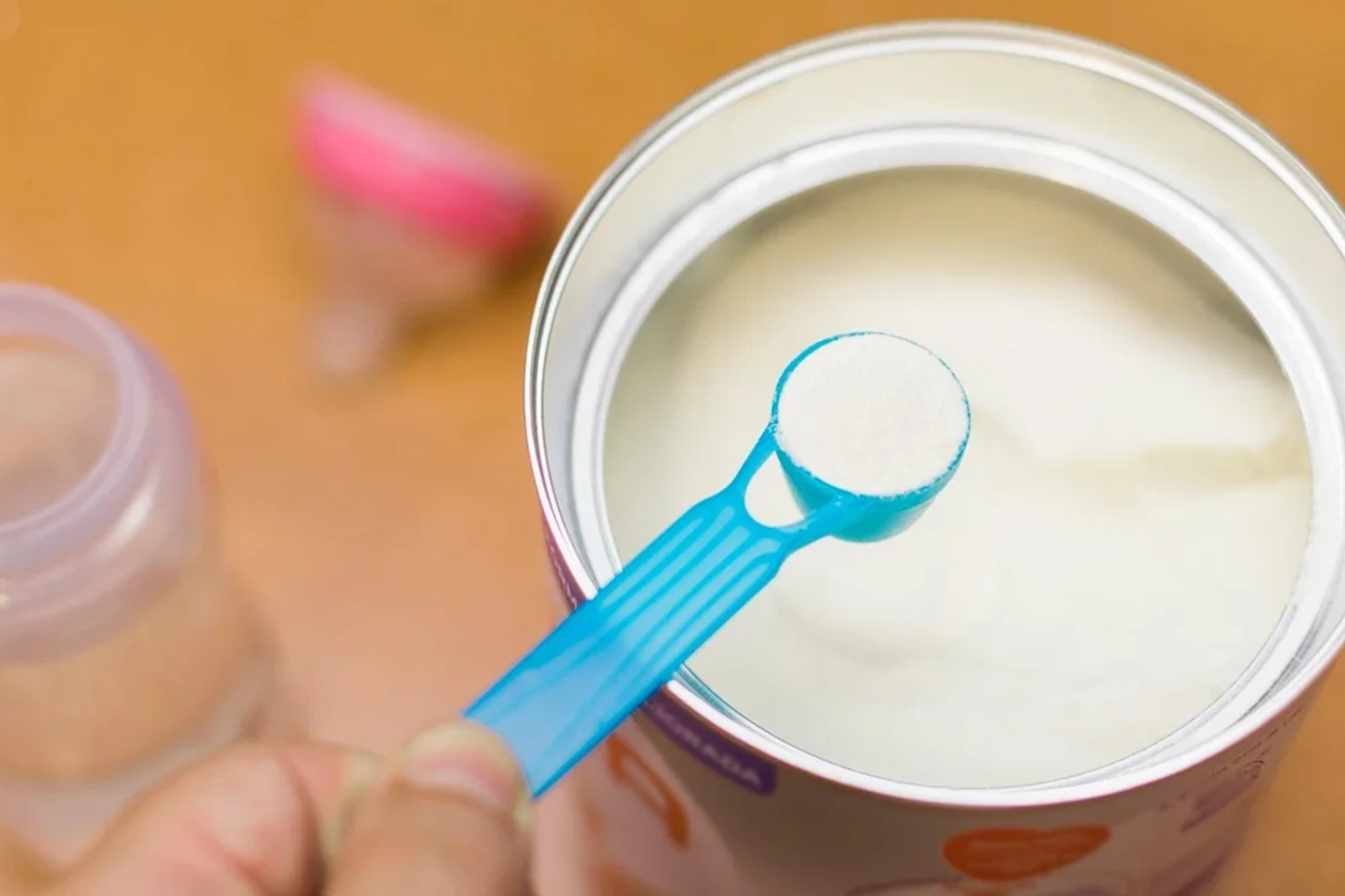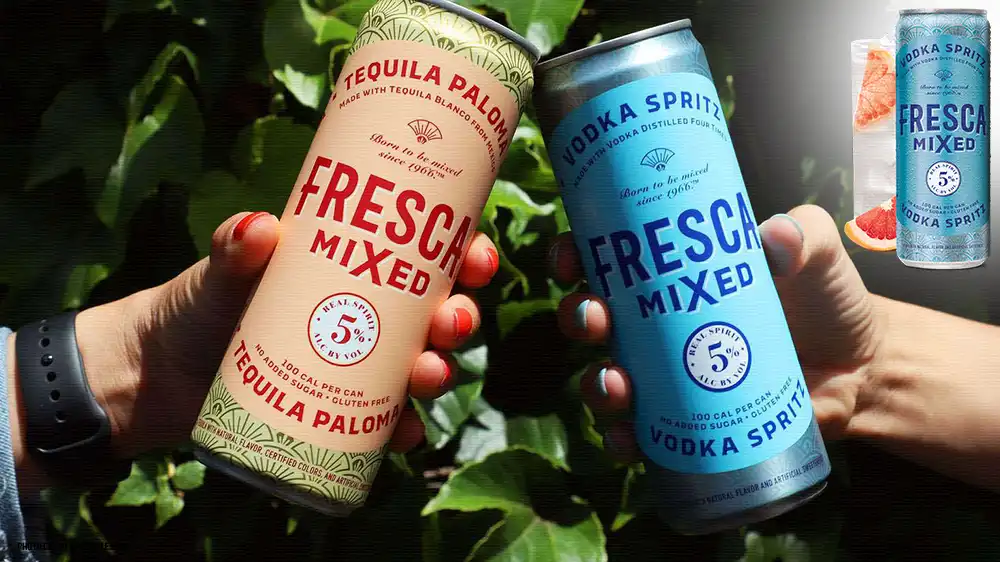
HEALTH BLOG
Is Fresca Bad for You?
-
Rahul Priydarss
Wondering, are Fresca drinks bad for you? Fresca, a calorie-free soda, is often seen as a healthier alternative to sugary sodas. While it contains no sugar, its artificial sweeteners like aspartame and sucralose, along with high sodium levels, can raise health concerns when consumed regularly. Fresca’s acidic content may also impact dental health. Overall, Fresca can be enjoyed in moderation, but it’s essential to be mindful of its potential effects on long-term health. Learn more about the pros and cons of drinking Fresca and how it compares to regular soda.
Introduction of Is Fresca Bad for You?:
Fresca drinks are not inherently bad for you, but like most sodas, they should be consumed in moderation. Fresca, known for its citrus flavor and refreshing fizz, is a popular calorie-free soda that often attracts health-conscious individuals. However, while it’s sugar-free and marketed as a healthier alternative to sugary sodas, it’s important to understand the potential health impacts of its artificial sweeteners, sodium content, and acidic nature.
In this guide, we will dive deep into the health effects of Fresca, addressing concerns about its ingredients and whether it’s a healthy choice. With more people seeking healthier drink options, Fresca seems like a great alternative at first glance, but is it really as good as it seems? Let’s explore what makes this beverage stand out, its ingredients, and how it affects your overall health.
What Is Fresca Made Of?:
Fresca is a sugar-free, citrus-flavored soda produced by the Coca-Cola Company. It uses artificial sweeteners, mainly aspartame or sucralose, to achieve its sweetness without adding calories. These sweeteners, although calorie-free, have raised some concerns regarding their long-term health effects. While Fresca contains no sugar, its sweetness level can still impact your perception of sweetness in other foods, potentially leading to cravings for sweet or sugary snacks.
Fresca’s ingredients also include carbonated water, citric acid for tartness, natural flavors, and sodium for taste enhancement. Though Fresca is low in calories, it’s important to consider its high sodium content, as excessive sodium can contribute to issues like high blood pressure if consumed regularly in large amounts.

Table of Contents
Origin and History of Fresca Drink:
Introduction and Early Years: Fresca, a citrus-flavored soft drink, was introduced by The Coca-Cola Company in 1966. The launch of Fresca marked Coca-Cola’s foray into a new category of diet soft drinks, aimed at providing a refreshing option for health-conscious consumers. The drink was created with a unique grapefruit flavor, which distinguished it from the other sodas available at the time. The name “Fresca,” which translates to “fresh” in Spanish, was chosen to convey the beverage’s intended image of lightness and freshness. This branding was designed to appeal to a growing market segment looking for a diet soda that did not compromise on taste.
Marketing and Popularity: Initially, Fresca was marketed as a diet soda with a distinctive taste. Its unique grapefruit flavor quickly garnered attention and a loyal following. Throughout the late 1960s and 1970s, Fresca became well-known for its crisp and refreshing profile, making it popular among consumers seeking a low-calorie alternative to traditional sugary soft drinks. During the 1980s and 1990s, Fresca’s marketing strategies evolved to keep pace with changing consumer preferences and the competitive beverage market. The brand underwent several reformulations to enhance its flavor and appeal. During this period, Fresca was also marketed with an emphasis on its health benefits, leveraging the growing trend of diet and wellness-oriented products.
Reformulations and Relaunches: In 2005, Fresca underwent a significant relaunch. The Coca-Cola Company introduced a new formula and updated packaging to revitalize the brand and reconnect with modern consumers. This relaunch was part of a broader strategy to reinvigorate classic brands with updated flavors and contemporary marketing approaches. The updated formula retained the original grapefruit flavor while incorporating new ingredients to enhance its taste and freshness. The relaunch also included new advertising campaigns that highlighted Fresca’s distinctive taste and refreshing qualities.
Current Status and Expansion: Today, Fresca remains a popular choice for those seeking a light, refreshing beverage. The brand has expanded its product lineup to include additional flavors, such as Fresca Citrus and Fresca Peach, while maintaining its original grapefruit flavor as a core offering. This expansion reflects the brand’s commitment to innovation while honoring its classic roots. Fresca’s continued success can be attributed to its ability to adapt to changing consumer preferences while staying true to its original promise of a refreshing, low-calorie beverage. The drink has established itself as a staple in the soft drink market, appreciated for its unique flavor and heritage.
Is Fresca Healthier Than Regular Sodas?:
Fresca is generally healthier than regular sodas because it contains no sugar or calories, but it has its own set of health considerations. While Fresca does not have the harmful effects of added sugar, it does rely on artificial sweeteners, which have been linked to various health concerns, though research is still ongoing. Some studies suggest that consuming large amounts of artificial sweeteners can lead to issues like metabolic disruptions, weight gain, and potential gut health problems. Comparatively, regular sodas contain high amounts of sugar, leading to immediate health issues like blood sugar spikes and long-term concerns such as obesity, diabetes, and heart disease. Fresca, being sugar-free, eliminates these risks, making it a better choice for those watching their sugar intake. However, moderation is still key when drinking Fresca due to the potential effects of its artificial ingredients.

Artificial Sweeteners in Fresca: Are They Safe?:
The artificial sweeteners in Fresca, such as aspartame and sucralose, are FDA-approved, but their long-term effects are still debated. Aspartame has been extensively studied, and while most research deems it safe, some studies raise concerns about its potential link to neurological effects or metabolic issues. Sucralose, on the other hand, has been associated with negative effects on gut bacteria and could potentially disrupt metabolism in high amounts. For most people, occasional consumption of artificial sweeteners is safe. However, those with certain health conditions, such as phenylketonuria (PKU), should avoid aspartame altogether, as they cannot properly metabolize it. Additionally, individuals who are concerned about the long-term effects of artificial sweeteners may want to limit their intake or opt for natural alternatives like water or unsweetened teas.
Does Fresca Contribute to Weight Gain?:
Fresca is unlikely to directly contribute to weight gain since it contains no calories, but it could potentially lead to weight gain indirectly. Some research suggests that consuming artificially sweetened drinks can cause people to crave sweet foods, which could lead to overeating. Additionally, the brain may react to the sweetness in diet sodas like Fresca by signaling a need for more calories, which might result in consuming more food than needed. While Fresca itself does not add calories, it’s crucial to maintain a balanced diet and stay mindful of your overall eating habits. If Fresca is consumed as part of a diet that’s high in processed or sugary foods, weight gain could still occur despite the soda being calorie-free.
Fresca and Dental Health: Should You Be Worried?:
Although Fresca contains no sugar, its acidic content can still pose a risk to dental health. Like most carbonated drinks, Fresca’s carbonic acid and citric acid can erode tooth enamel over time. Enamel erosion can lead to increased sensitivity, cavities, and other dental issues if Fresca is consumed regularly without proper oral hygiene. If you enjoy Fresca, it’s a good idea to brush your teeth after consumption or at least rinse your mouth with water to minimize the acidic impact on your enamel. Alternatively, reducing the frequency with which you drink Fresca can help preserve your dental health.
Is Fresca Bad for People With Specific Health Conditions?:
Fresca can be a suitable option for some people with specific health conditions, such as those managing diabetes, but caution is needed for others. For individuals with diabetes, Fresca provides a way to enjoy a sweet beverage without raising blood sugar levels. However, those with high blood pressure should be mindful of Fresca‘s sodium content, as excessive sodium intake can exacerbate hypertension. Similarly, individuals sensitive to artificial sweeteners or those with gastrointestinal issues should be cautious about consuming Fresca regularly. Its ingredients, particularly aspartame and sucralose, may negatively impact gut bacteria or cause digestive discomfort in some individuals.
FAQs about Is Fresca Bad for You?:
A1: Fresca isn’t inherently bad, but its artificial sweeteners and sodium content can pose concerns if consumed in excess.
A2: No, Fresca is sugar-free and sweetened with artificial sweeteners like aspartame or sucralose.
A3: Fresca has no calories, but artificial sweeteners may cause cravings that could lead to overeating.
A4: Yes, Fresca is a sugar-free option that won’t spike blood sugar levels, making it suitable for diabetics.
A5: Fresca’s acidic content can erode tooth enamel over time, so it’s important to consume it in moderation.

-Please remember, to always consult with healthcare professionals or Doctors for personalised advice related to medical conditions.
Conclusion:
Fresca is not inherently bad for you, but it should be consumed in moderation due to its artificial ingredients and sodium content. While Fresca is a better choice than sugary sodas for those watching their calorie and sugar intake is fresca bad for you. it’s still important to be aware of the potential health effects of artificial sweeteners and acids. As with most things in life, balance is key. Enjoy Fresca occasionally as part of a well-rounded diet, and it can be a refreshing, calorie-free option without significant health concerns. By understanding the ingredients and potential health effects of Fresca, you can make more informed choices about what you drink, helping you to enjoy your favorite beverages without compromising your health.




